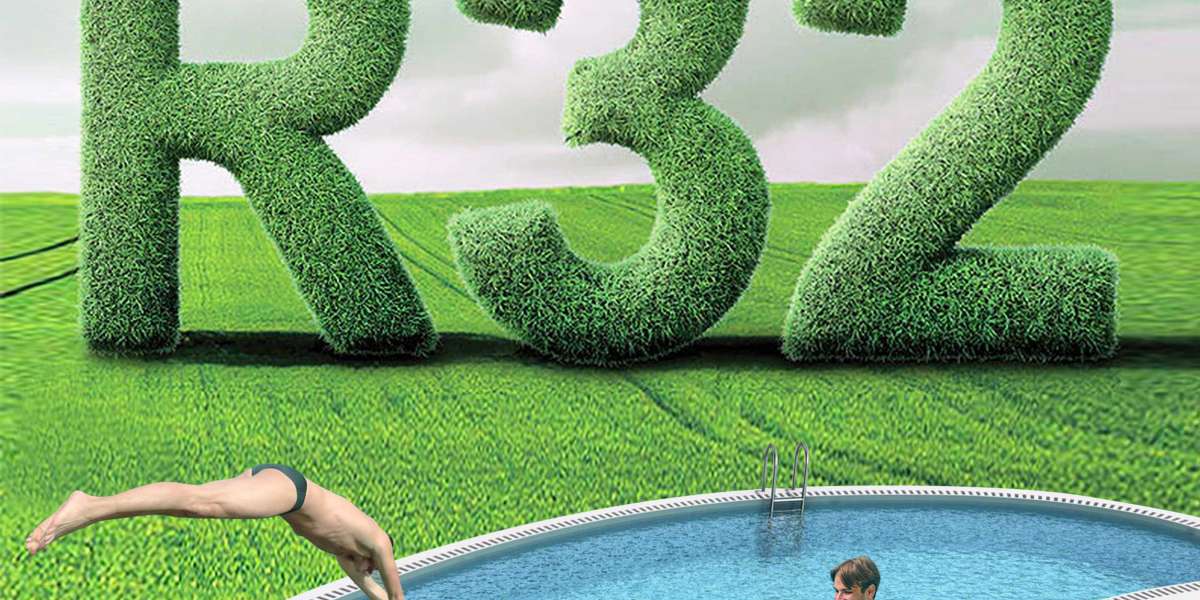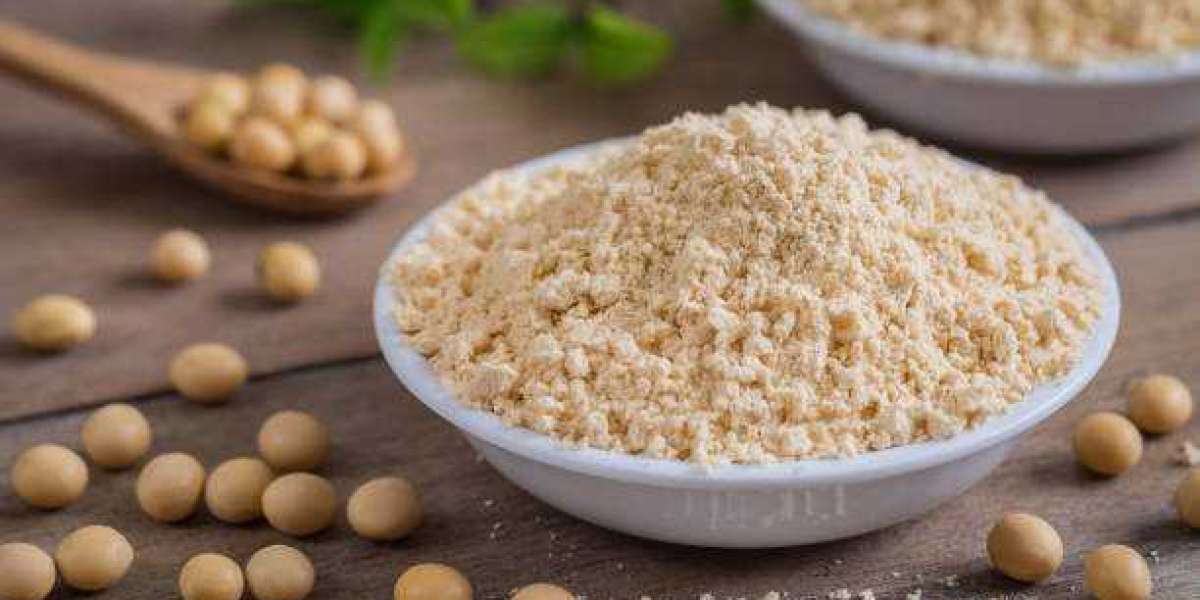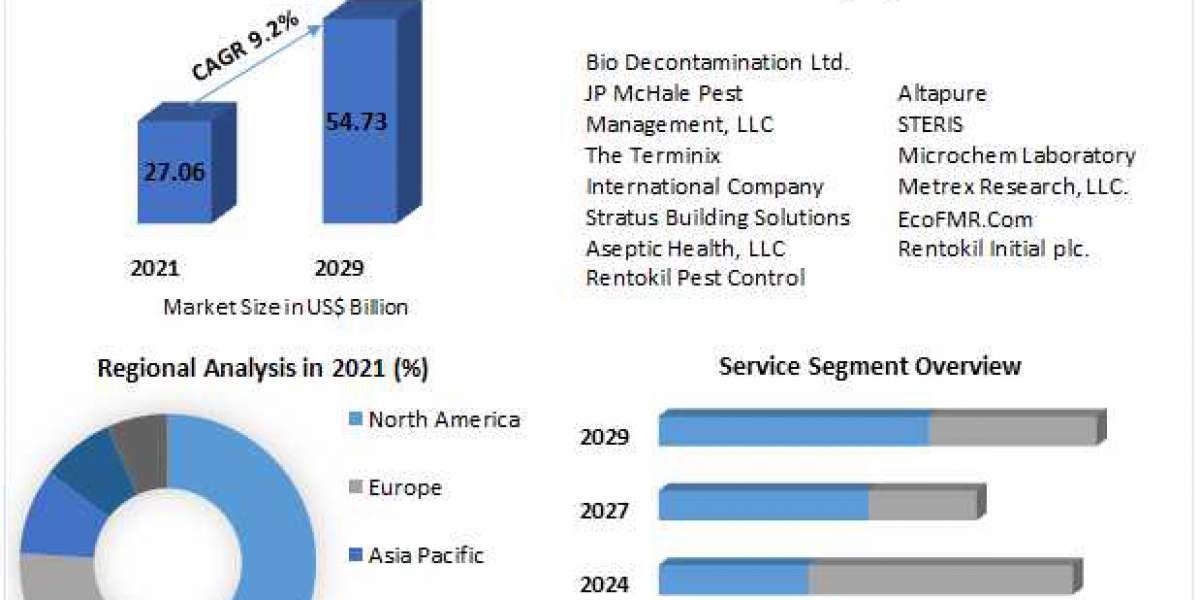When it comes to maintaining your swimming pool's temperature, a reliable and energy-efficient heat pump is a valuable asset. However, determining the ideal schedule for running your swimming pool heat pump can be a common concern among pool owners. Finding the right balance between comfort, efficiency, and cost-effectiveness is crucial. In this article, we will explore various factors that influence the frequency of running your swimming pool heat pump. We will also highlight the benefits of choosing a reputable air to water heat pump manufacturer and the advantages of energy-efficient air source heat pumps with TUV A+++ certification.
Understanding the Basics of a Swimming Pool Heat Pump:
Before delving into the ideal schedule of running your swimming pool heat pump, it's important to understand how it works. A swimming pool heat pump operates on the principle of heat transfer, extracting heat from the surrounding air and transferring it to the pool water. It consists of four main components: an evaporator, a compressor, a condenser, and an expansion valve. The evaporator absorbs heat from the air, the compressor increases its temperature, the condenser transfers the heat to the pool water, and the expansion valve controls the flow of refrigerant. This process is highly efficient, as it requires minimal electricity to move heat rather than generating it. Heat pump suppliers offer a variety of models, including air to water heat pumps specifically designed for swimming pool heating, ensuring optimal performance and energy efficiency. By understanding how a swimming pool heat pump works, pool owners can make informed decisions about its usage and maximize their pool's comfort while minimizing energy consumption.
Factors Influencing Heat Pump Schedule Runtime:
- Pool Usage: The scheduleof pool usage plays a significant role in determining how often you should run your heat pump. If your pool is frequently used, maintaining a consistent temperature becomes essential. In this case, running the heat pump for longer durations or even continuously during peak usage times may be necessary.
- Ambient Temperature: The ambient temperature affects the efficiency and performance of your heat pump. As the temperature drops, the heat pump's workload increases to maintain the desired pool temperature. During colder months, it may be necessary to run the heat pump for longer periods to compensate for heat loss.
- Insulation and Cover: The insulation and cover of your pool also impact the heat retention. Well-insulated pools with high-quality covers minimize heat loss and reduce the runtime required for the heat pump. Investing in proper insulation and a durable pool cover is a wise choice for maximizing energy efficiency.
- Desired Pool Temperature: The temperature you prefer for your pool is a personal preference. If you prefer a higher pool temperature, you may need to run the heat pump more frequently and for longer durations to achieve and maintain that desired temperature.
Choosing Reliable Pool Heat Pump Manufacturers:
Choosing reliable pool heat pump manufacturers is a crucial step in ensuring the performance and longevity of your swimming pool heat pump. When selecting a manufacturer, it is important to consider factors such as their reputation, experience in the industry, and customer reviews. Look for heat pump suppliers with a proven track record of delivering high-quality products and exceptional customer service. A reliable manufacturer will prioritize verified reliability, offering heat pumps that undergo rigorous testing and meet industry standards. Additionally, opting for an air to water heat pump manufacturer that specializes in swimming pool heating ensures that you are investing in a product specifically designed for this purpose. By choosing reliable pool heat pump manufacturers, you can have confidence in the durability, efficiency, and overall performance of your swimming pool heat pump.
The Advantages of Energy-Efficient Air Source Heat Pumps:
Energy-efficient air source heat pumps offer numerous advantages that make them a smart choice for swimming pool heating. Firstly, these heat pumps significantly reduce energy consumption, resulting in lower utility bills and long-term cost savings. They operate with high COP (Coefficient of Performance) values, meaning they produce more heat output for every unit of energy consumed. This efficiency translates to reduced environmental impact, as they lower greenhouse gas emissions compared to conventional heating systems. Additionally, energy-efficient air source heat pumps often come with advanced features such as programmable thermostats and variable speed compressors, allowing for precise temperature control and further optimizing energy usage. By investing in an energy-efficient air source heat pump, pool owners can enjoy optimal comfort, lower operating costs, and contribute to a greener and more sustainable future.
Data and Statistics Supporting Energy Efficiency:
Data and statistics provide compelling evidence supporting the energy efficiency of air source heat pumps, making them a viable and sustainable solution for swimming pool heating. Numerous studies and research conducted by reputable institutions highlight the significant energy savings achieved by using air source heat pumps.
For instance, according to the International Energy Agency (IEA), air source heat pumps have the potential to reduce energy consumption for heating purposes by up to 50% compared to conventional heating systems. This substantial reduction in energy usage not only translates to cost savings but also contributes to a significant decrease in greenhouse gas emissions, aligning with global efforts to combat climate change.
In addition, studies have shown that energy-efficient air source heat pumps with TUV A+++ certification can achieve impressive COP (Coefficient of Performance) values above 4. This means that for every unit of electricity consumed, these heat pumps can produce four units of heat energy, resulting in remarkable efficiency. By harnessing the ambient heat from the surrounding air, air source heat pumps can deliver a high level of performance while minimizing energy consumption.
Furthermore, the European Heat Pump Association (EHPA) reports that for every kilowatt-hour (kWh) of electricity consumed by an air source heat pump, it can provide around four to five kWh of heat output. This exceptional energy efficiency can result in substantial cost savings on heating bills over time, making air source heat pumps an attractive long-term investment.
Determining the ideal schedule for running your swimming pool heat pump requires considering various factors such as pool usage, ambient temperature, insulation, and desired pool temperature. By selecting a reliable air to water heat pump manufacturer and opting for energy-efficient air source heat pumps with TUV A+++ certification, you can strike the perfect balance between comfort, efficiency, and cost-effectiveness. Remember, investing in an energy-efficient and reliable heat pump not only benefits your pool but also contributes to a more sustainable future.









